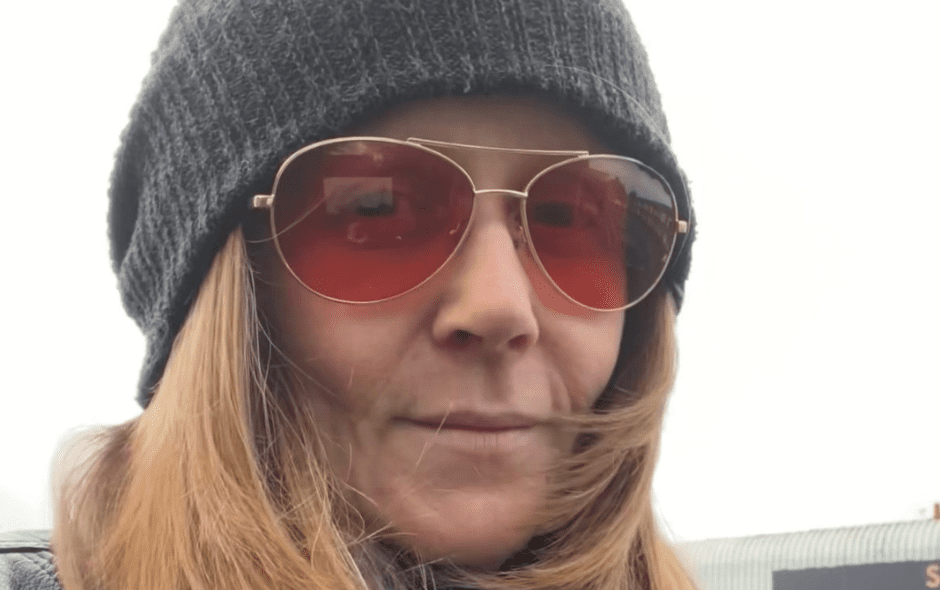Angie has been living with epilepsy since she was 11 years old. She shares the challenges she has faced and how Epilepsy Scotland’s Welfare Rights Service has helped her.
“I felt terrified, depressed, lost when I was first diagnosed with epilepsy. I have frontal lobe, tonic-clonic, dissociative type. My everyday life is affected by uncertainty of and fear of an attack associated with a familial hemiplegic migraine diagnosis.
Seizure activity leaves me with daily fatigue and physical pain. I’ve faced challenges, particularly with regards to overlapping/ unexplained symptoms of hemiplegic migraine and epilepsy. Mine can occur simultaneously because of my genetic diagnosis of hemiplegic migraine.
The challenge was in diagnosis and being believed. It wasn’t until genetic testing was undertaken only last year (2023) that I had a formal conclusive diagnosis.
Welfare Rights Service
I was offered the Welfare Rights service after making contact with the Wellbeing service through the Helpline. I had a seizure episode that left me hospitalised for one month and unable to work thereafter.
Also, I was left unable to work and it was suggested to me that because of my conditions and how they affect me I might be entitled to PIP. Due to ongoing seizing, I find my capacity for form filling and keeping track of paperwork has diminished greatly.
The benefits system, while I’m grateful is an extremely stressful and difficult process. I will be eternally grateful to the Welfare Rights Service, without that support, I would, no doubt be in a much worse position financially.
Because of how complex the benefit system is I would not have attempted a claim without this support. Indeed, throughout the process I nearly withdrew many times because of the effect stress has on my epilepsy.
Had it not been for the guidance and support of the Welfare Rights team, in particular Tracey, I would definitely have given up.
When I contacted the service and throughout the process of applying, appeal, and tribunal, I had suicidal ideation.
I wasn’t only struggling with my diagnosis but struggling to be seen and heard by the medical establishment. Without the service, it is safe to say I wouldn’t be where I am now. Without my disability payment I would be extremely isolated and prone to (more) depressive episodes.
Advice for someone newly diagnosed
Learn everything you can about your diagnosis, seek support because you won’t automatically be given it, be good to yourself – self-care number one, if you feel you can’t advocate for yourself – get someone to do it for you, be willing to accept help.
This service, without any doubt, alongside the Wellbeing service has shaped who I am and how I feel about my diagnosis, how I cope with it, and how well I am today.
They filled the massive gaps in the NHS. I have always been treated with dignity and respect and shown compassion, which in turn has given me a sense of self-acceptance and acceptance of my condition. I am not alone.
Thank you to Epilepsy Scotland for the extremely necessary work you do. Long may it continue.”
To find out more about how our Welfare Rights service can support you, please click here.




